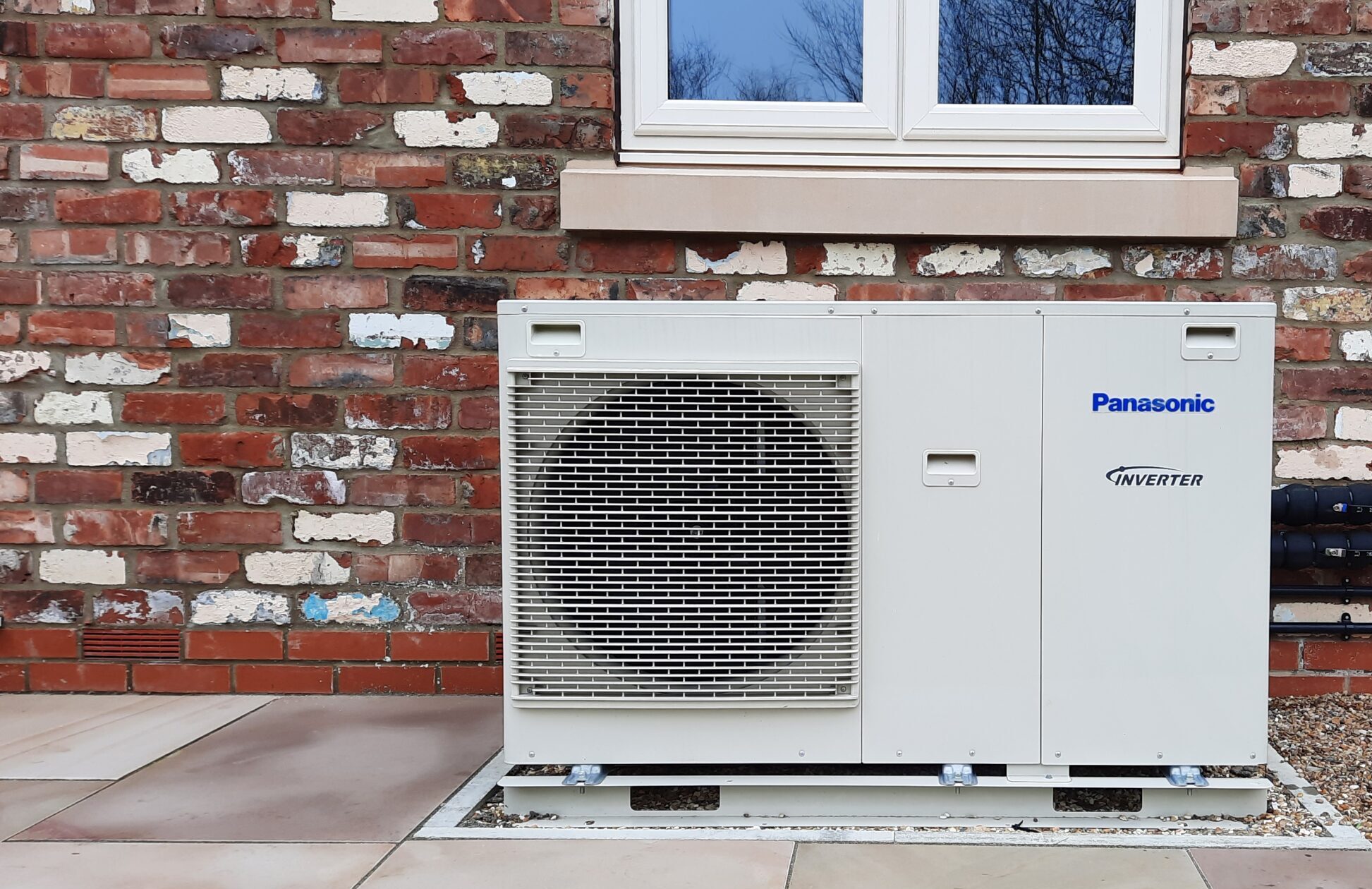What we need to do
Making sure our homes, workplaces and buildings in Greater Manchester are warm and comfortable uses a lot of energy especially in older buildings. To make sure we reduce the effect this has on our environment we need to make changes to how we heat and cool them. Using less energy and making them fit for the future.
To help us do this a new Retrofitting Task Force made up of the best minds in energy, education and infrastructure has been established with the goal of upgrading around 60,000 homes across Greater Manchester every year.
Measures including changing to renewable energy and heating. Not only will this reduce carbon issues, but it will reduce fuel poverty and create a market of skills and jobs worth around £5 billion.
What can you do?
Residents
- Check your eligibility for energy advice, support, and house upgrades through our Feel the Benefit campaign.
- Fit LED and low energy lighting, turn off appliances when not in use and draught proof your windows and doors.
- Look to upgrade your home insulation. Check your loft insulation, replace any single glazed windows with double or triple glazing and fill cavity walls if your property has them.
- If you’re a homeowner, think about whole home retrofit and the more advanced energy efficiency measures you can install, such as solid wall and floor insulation, especially if you are carrying out building works.
Businesses
- Commit to reducing your energy demand for heating and cooling. Sign the Net Zero Carbon Buildings Commitment today!
- Get smarter with how you heat your premises. Upgrade your lighting and equipment.
- If you lease your premises, consider greener, more energy efficient premises when current or future contracts require renewal.
Resources for residents
Resources for businesses
Air Source Heat Pumps
Air source heat pumps are a proven technology allowing you to generate your own renewable heat. They are a low carbon way of heating your home, potentially saving you money on your fuel bills, especially if you’re replacing electric storage heaters, oil, liquefied petroleum gas (LPG), or coal.
Find out more



